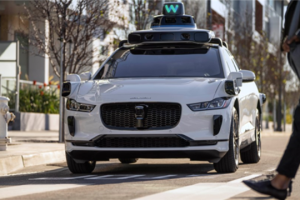June 11, 2025 – A new initiative by the U.S. government, dubbed “AI.gov,” is set to transform how federal agencies innovate using artificial intelligence, as revealed by recent disclosures from 404 Media. The project, which has been quietly in development, is being spearheaded by the Technology Transformation Services unit under the General Services Administration (GSA), with former Tesla engineer Thomas Shead at the helm. Shead, known for his ties to Elon Musk’s “Department of Government Efficiency” (DOGE), has been a vocal advocate for leveraging AI to streamline government operations.
According to reports from The New York Times and other outlets, Shead has proposed using AI to detect fraud, scrutinize government contracts, and even develop AI-powered coding agents capable of writing software for federal agencies. The AI.gov platform, which initially had a prototype hosted on GitHub, has now redirected to the White House’s official website. The site describes the platform as being powered by “America’s most advanced AI technologies” and offers three key tools: an AI chat assistant, an API gateway that supports integration with models from OpenAI, Google, and Anthropic, and a dashboard for monitoring AI deployment across federal agencies.

While the platform’s early iterations hinted at a July 4 launch date—coinciding with U.S. Independence Day—404 Media confirmed that the official rollout is expected to align with the holiday. This timing underscores the symbolic significance of the project, which aims to redefine government efficiency through AI-driven solutions.
Earlier coverage by Wired magazine highlighted DOGE’s ambitions to use AI to automate roles previously held by thousands of federal employees, a move that sparked debate about the future of public sector jobs. Although Musk has since stepped back from his advisory role in the U.S. government, the continued development of AI.gov suggests that DOGE’s influence on federal tech initiatives remains potent. The project’s launch could mark a pivotal moment in the government’s embrace of AI, setting a precedent for how public services are delivered and managed in the digital age.












